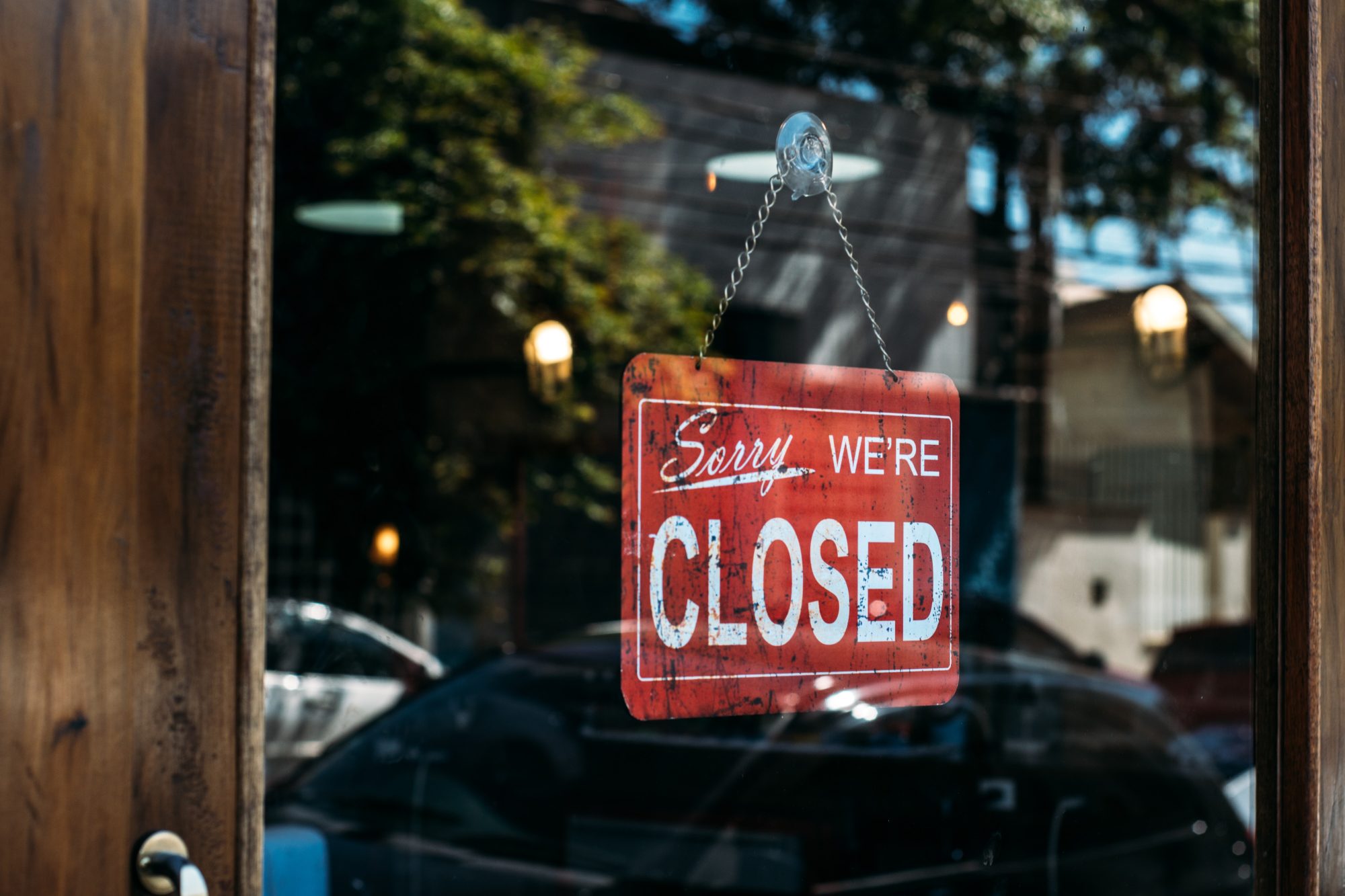The owners of Chartier, which has been one of the area’s most beloved restaurants, say a perfect storm of factors — COVID, rising interest rates and the cost of food — have forced them to make a tough call. Darren and Sylvia Cheverie announced their tentative plans to close the restaurant at the end of September.
But, the fact that I am using the word “tentative” is an indication that there’s a glimmer of hope out there. The Cheveries don’t want Chartier to end. When I spoke to them on Thursday, Darren fought back tears as he spoke about the restaurant. There is still hope that an angel investor can be found — someone who is willing to put some dollars forward and help keep the lights on at Chartier.
Their Mother Bakery venture, which spun off of Chartier, will remain a going concern.
The restaurant opened in Beaumont in the spring of 2016. In 2017, back when this magazine was known as Avenue Edmonton, our judges selected Chartier as the area’s best new restaurant. Chartier has become well-known in the region for country brunches, baked goods and some fantastic dinner offerings.
Despite the plaudits, there have been many economic factors that have eaten away at the business. Sylvia and Darren explain how they got here, in their own words. The interview has been edited for length and clarity.
SYLVIA: It definitely wasn’t a spur-of-the-moment decision. The recovery after COVID measures were lifted was not as nearly as immediate as I think everybody anticipated it would be. Between the government and operators, we all collectively assumed that, when the restrictions were lifted, we would be back to business as normal. And that was definitely not the case. There was a huge lag for all of 2022.
SYLVIA: Compounding all of that was the astronomical increase in core ingredients that we use in the restaurant. We’ve tried to pivot as much as humanly possible. We’ve made a real adaptable and flexible menu that allows us to pivot when things are out of stock or prices have skyrocketed out of nowhere. But, our utility costs have more than doubled. Our interest rates are rising — and those (COVID) loan repayments are starting to come back in. The math just hasn’t been math-ing.
